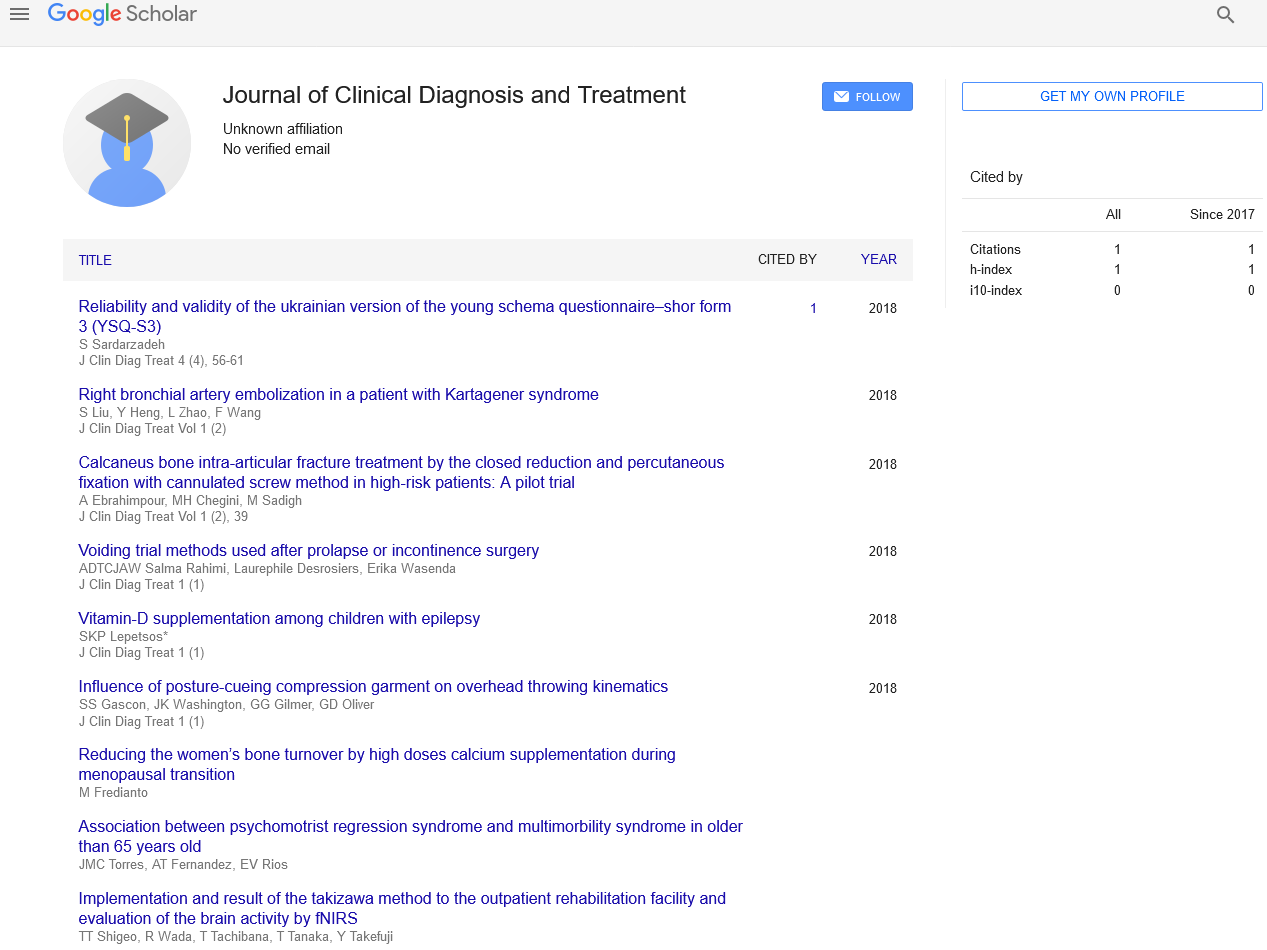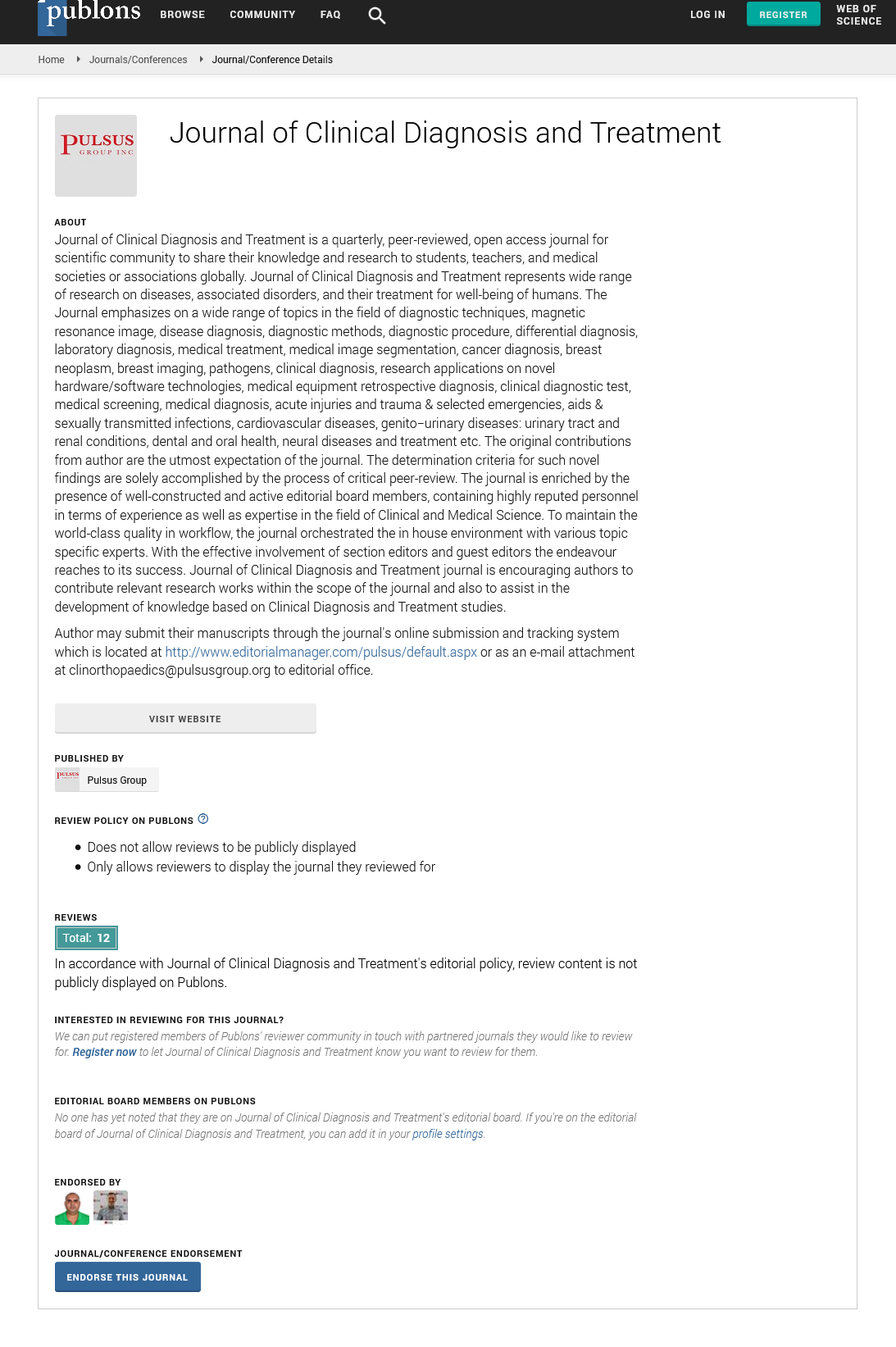Bill Smith
Publications
-
Opinion
Controlling sexually transmitted diseases and preventing HIV transmission: repairing a shattered paradigm
Author(s): Bill Smith*
Controlling sexually transmitted infections (STIs) is doable, leads to better sexual and reproductive health, and aids in HIV prevention. The most advanced HIV epidemics have arisen from a lack of STI control, particularly in areas where ulcerative STIs are common. Several countries that have successfully reduced STIs have seen their HIV epidemics stabilise or reverse. Reduced incidence and prevalence of sexually transmitted infections (STIs) is a public health outcome. The following methods can be used to achieve this: I targeting and outreach to the most vulnerable populations; (ii) advocating and supplying condoms and other preventive measures; (iii) effective clinical interventions; (iv) a supportive environment; and (v) reliable data.STI case management, screening, and management of STIs in sex partners are among the clinical services provided. For most symptomatic curable STIs, .. Read More»
DOI: 10.37532/puljcdt.22.4(2).12-13





